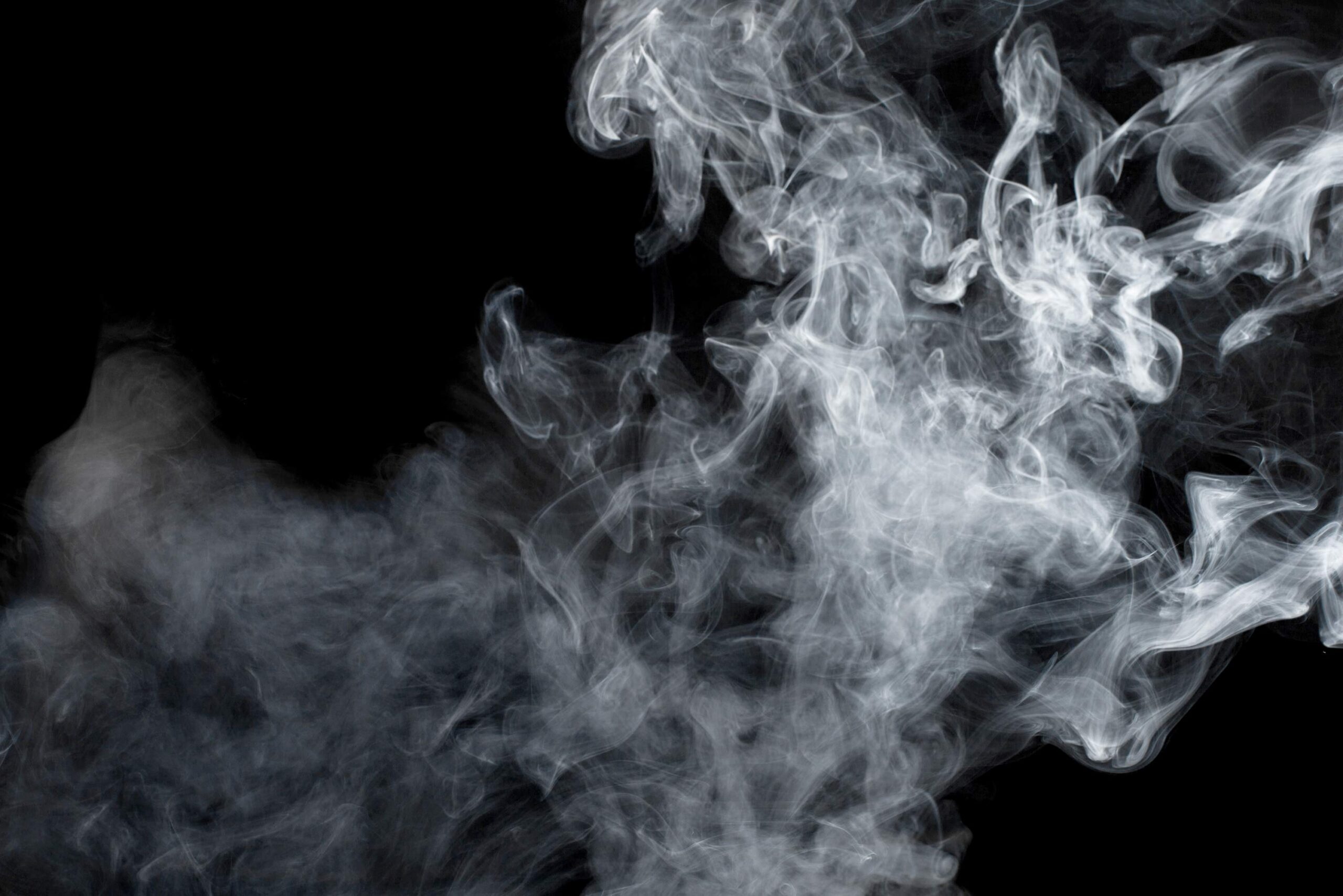The Bahá’í Faith, situated within a rich tapestry of spiritual and social tenets, offers profound insights into contemporary issues faced by humanity. One of the most poignant metaphors employed in this context is “the Smoke of Corruption.” This phrase does not merely conjure images of physical pollution but encapsulates multifaceted challenges that hinder the spiritual and material advancement of individuals and communities. To explore this profound metaphor, one must traverse the realms of ethical degradation, social injustice, environmental degeneration, and the universal call for unity among all peoples.
The notion of corruption extends beyond governmental malfeasance or corporate malpractices; it infiltrates the very fabric of societal norms and values. This figurative smoke blurs the vision of individuals, obscuring the true essence of humanity’s purpose. Baha’u’llah, the founder of the Bahá’í Faith, emphasizes that humanity possesses an innate capacity for nobility and virtue. However, the insidious presence of corruption can stymie this potential. When individuals succumb to self-interest, greed, and division, they contribute to a pervasive environment that stifles collective progress.
The first layer of understanding “the Smoke of Corruption” comprises ethical degradation. In an age marked by moral relativism, individuals often grapple with divergent standards of truth and integrity. The Bahá’í teachings advocate for an absolute truth that transcends cultural and personal biases, urging adherents to align their ethical frameworks with principles of justice and equity. Ethical principles serve as the antidote to corruption, providing a lighthouse for humanity to navigate tumultuous waters. Baha’is believe that by adhering to these principles, individuals can illuminate the darkness shrouded in smoke and reveal a path toward virtuous living.
Furthermore, social justice represents another essential facet in addressing the smoke of corruption. The Bahá’í teachings assert that true justice can only manifest in a society devoid of prejudice, where all individuals, regardless of race, gender, or economic status, possess equal rights and opportunities. In many parts of the world, systemic inequities continue to perpetuate cycles of poverty and despair. The Bahá’í approach advocates for a comprehensive system of education, economic development, and community engagement that empowers marginalized voices. Through the lens of unity, the Bahá’í Faith encourages collective action to dismantle the structures that propagate injustice and inequality.
Moreover, the environmental degradation that underpins the smoke of corruption warrants sober reflection. The encroachment of climate change and ecological destruction reflects a corruption of human stewardship over the planet. Baha’is recognize that the Earth is a shared inheritance, and thus present environmental crises call for a reevaluation of humanity’s relationship with nature. The principle of moderation is paramount; in cultivating a symbiotic relationship with the Earth, individuals can alleviate the adverse effects of environmental impact. This stewardship necessitates an acknowledgment of the interconnectedness of all life, reminding humanity that the smoke of corruption arises not solely from human actions but also from a disruption in the natural order.
In contemplating the future, the Bahá’í teachings project an optimistic vision wherein humanity collectively rises above the smog of corruption through unity and collaboration. The teachings advocate for the creation of a global community wherein individuals prioritize collective well-being over insular interests. A transformative shift occurs when individuals recognize their interconnectedness and acknowledge that their fates are inextricably linked. This perspective nurtures the seeds of empathy, mutual respect, and understanding, enabling individuals to transcend divisive barriers.
The Bahá’í Faith posits that the process of healing the world requires a comprehensive approach, incorporating not only spiritual guidance but also active participation in societal upliftment. The implementation of global governance structures that reflect democratic principles, equity, and accountability stands as a clarion call against the malodorous fumes of corruption. By fostering a participatory spirit in governance, Baha’is advocate for systems that prioritize the common good, empowering individuals to take an active role in decision-making processes.
Nevertheless, the journey towards overcoming the smoke of corruption is not devoid of challenges. The path is fraught with resistance, and awakening the conscience of society necessitates persistent effort. Yet, the conviction remains that through collective action rooted in spiritual principles, humanity can transcend the obstacles that impede progress. Exemplifying virtues such as humility, compassion, and courage will be indispensable in catalyzing systemic change and unlocking the full potential of humankind.
In conclusion, “the Smoke of Corruption” serves as a powerful metaphor encapsulating the myriad challenges plaguing contemporary society. The Bahá’í teachings elucidate pathways to navigate through this haze, emphasizing the importance of ethical integrity, social justice, and environmental stewardship. By embracing unity and collective responsibility, humanity can forge a new trajectory towards a brighter, more equitable future. It is the unwavering commitment to these principles that will ultimately dissipate the smoke, revealing the radiant potential inherent within each individual and society as a whole.
